**Burkina Faso’s Bold Leap: Traoré’s Visionary Mega Projects Set to Transform the Nation by 2025**

In a remarkable turn of events, Burkina Faso, often labeled one of the world’s poorest countries, is poised to unveil a series of groundbreaking mega projects that could redefine its future. Under the visionary leadership of President Ibrahim Traoré, the nation is not merely surviving but boldly charting a course towards sustainable development, with ambitious initiatives in energy, transport, water, and environmental resilience set to launch by 2025.
First on the agenda is the Waga Dugodansin International Airport, an ambitious project located just 35 kilometers northeast of the capital, Ouagadougou. This state-of-the-art facility is designed to replace the aging Thomas Sankara International Airport, which has become a safety concern due to its proximity to the city center. With a staggering investment of $73 million, the new airport will feature a 3.5-kilometer runway and a sprawling terminal capable of handling up to 1 million passengers annually. This strategic investment is not only about enhancing passenger travel but also aims to bolster cargo handling and regional integration, positioning Burkina Faso as a vital hub in West Africa.
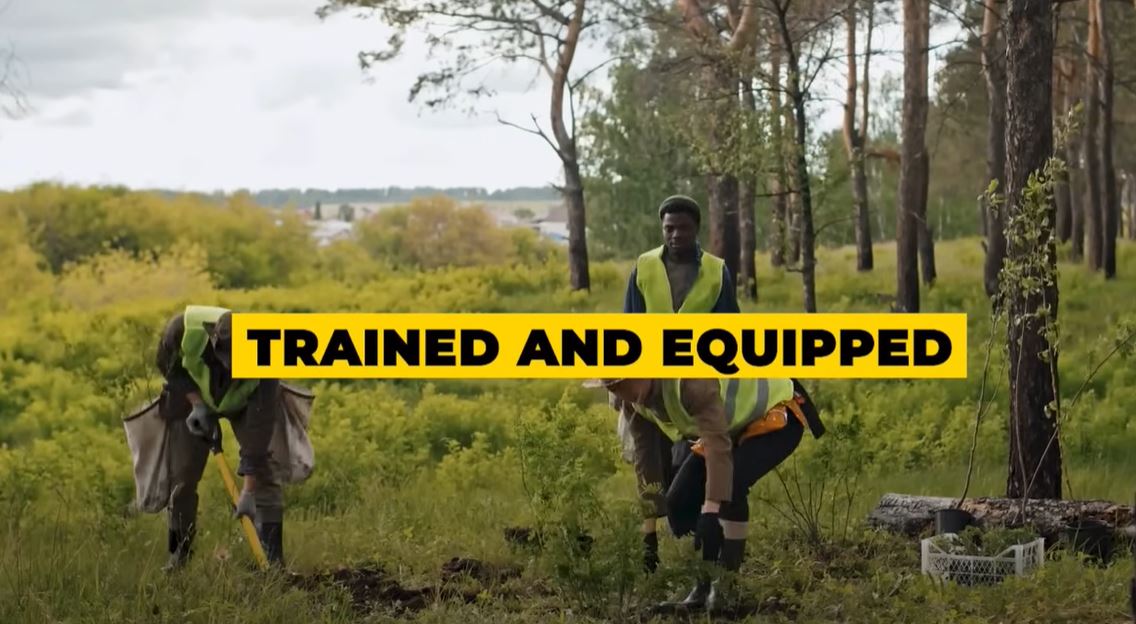
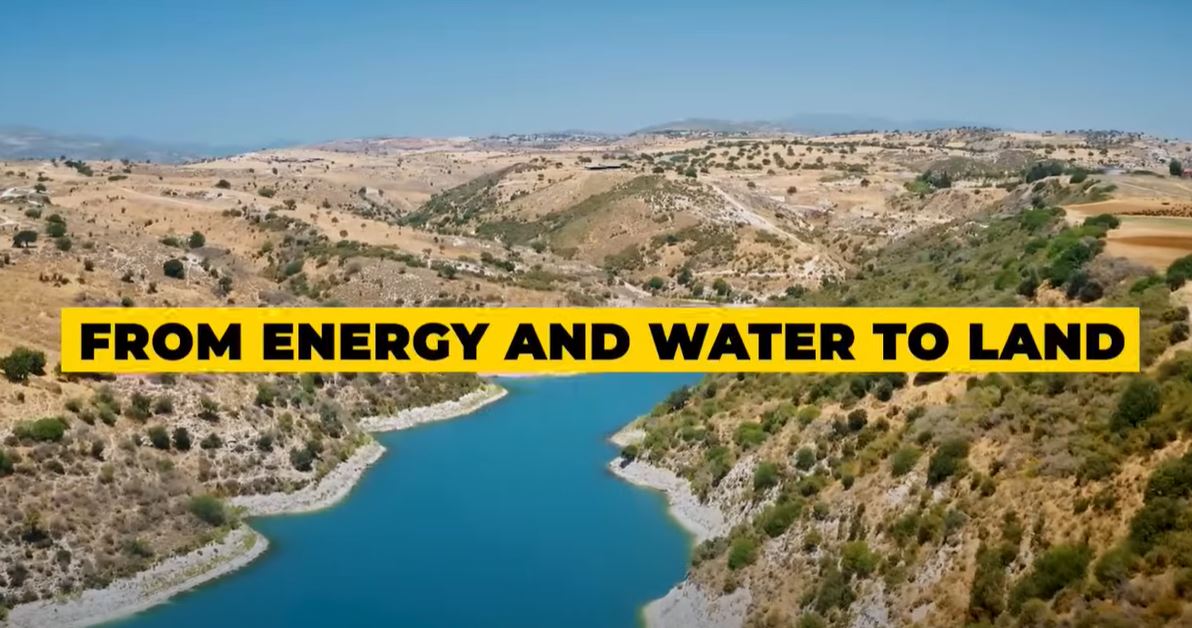
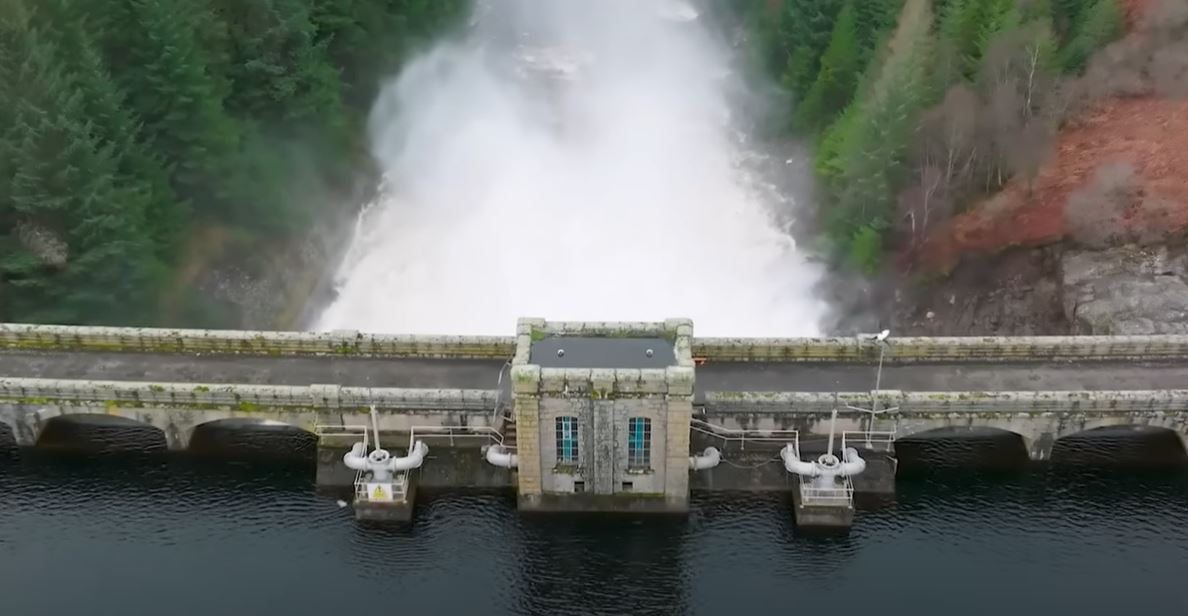

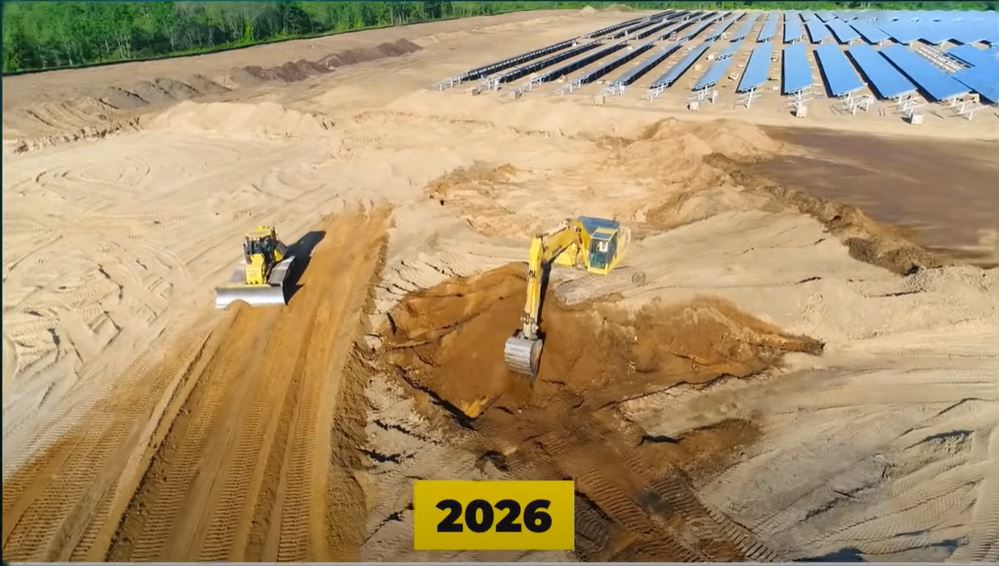
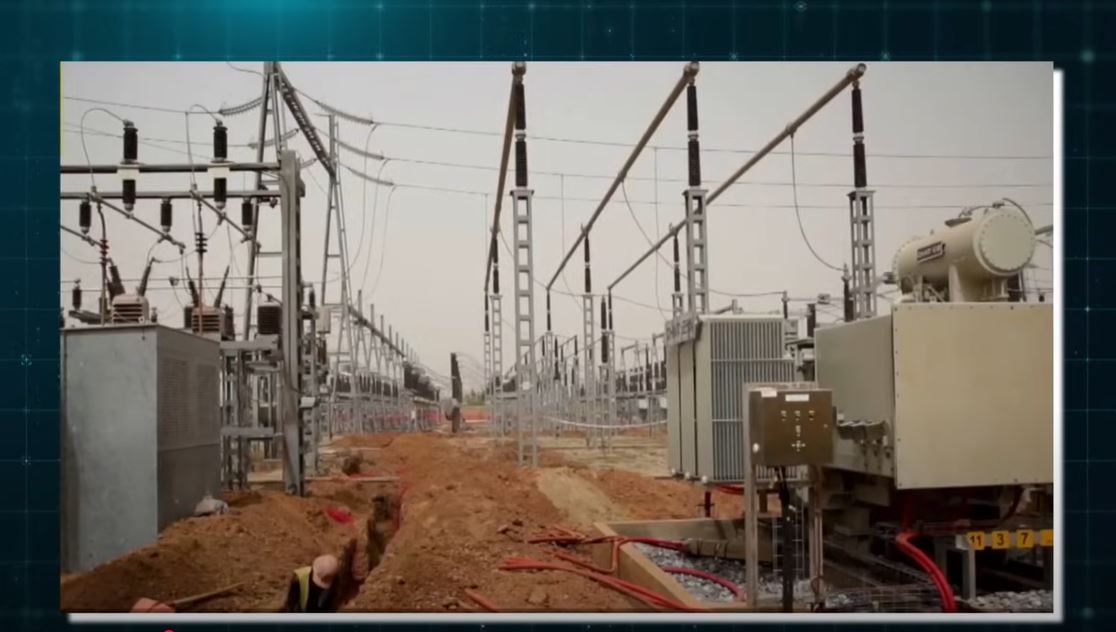
But a modern airport needs modern energy. Adjacent to the new airport, the Donsson Solar Power Station is set to revolutionize energy supply in the region. With a capacity of 25 megawatts, this solar photovoltaic plant, powered by a $45.7 million concessional loan from the Export Import Bank of China, will ensure a stable energy supply for the airport and surrounding communities. Its high-capacity battery storage will guarantee energy availability even during cloudy days, marking a significant step towards reducing Burkina Faso’s reliance on imported electricity.
Connectivity is crucial for a landlocked nation, and the Bobo Dulaso Banfor Kot Devoir Border Road Project is a testament to that. Launched in December 2024, this vital infrastructure initiative aims to rehabilitate a 155-kilometer highway linking Burkina Faso to the Ivorian coast. With an estimated cost of $267 million and backing from major development partners, this project promises to enhance trade flows and significantly reduce travel times—critical for the nation’s agricultural and commercial sectors.
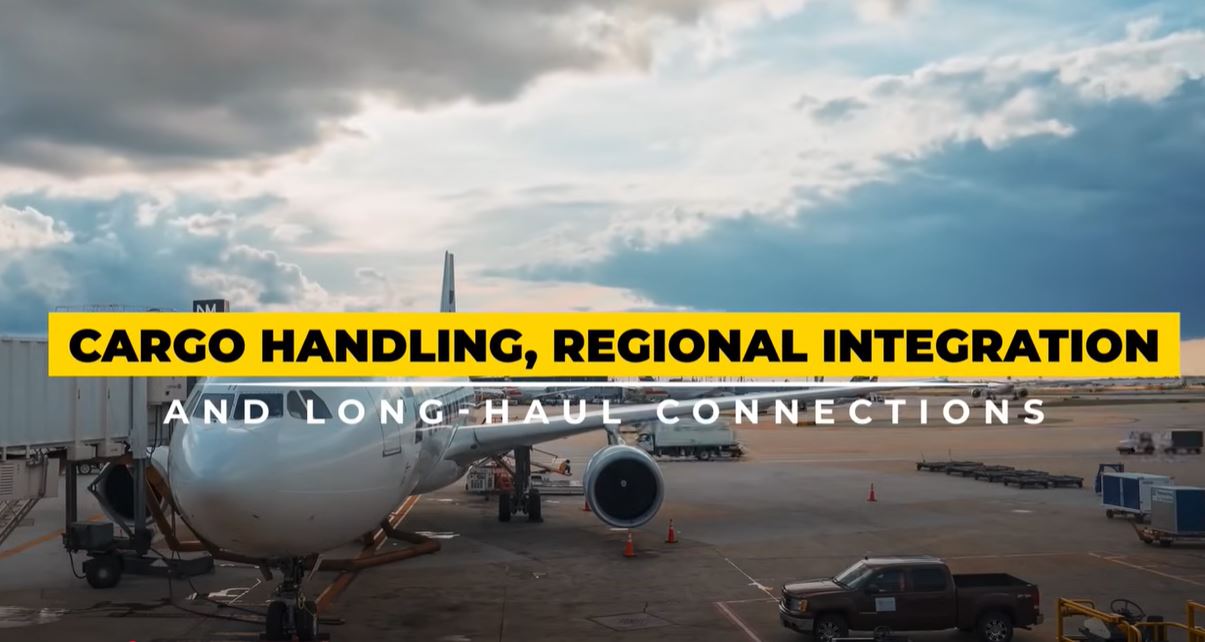
The momentum doesn’t stop there. In December 2023, Burkina Faso inaugurated its largest solar power station to date, the Kini Solar Power Station, generating an impressive 38 megawatts of clean energy. With the capacity to power over 100,000 households, this facility not only contributes to the national grid but also plays a crucial role in reducing carbon emissions by an estimated 41,000 tons annually.
Rural electrification is another priority, with the Yelen project aiming to bring solar power to over 150 villages, connecting more than 300,000 people to reliable electricity for the first time. This initiative, supported by the World Bank and the Green Climate Fund, is set to transform lives, enhancing education, healthcare, and economic productivity in the most underserved areas of the country.
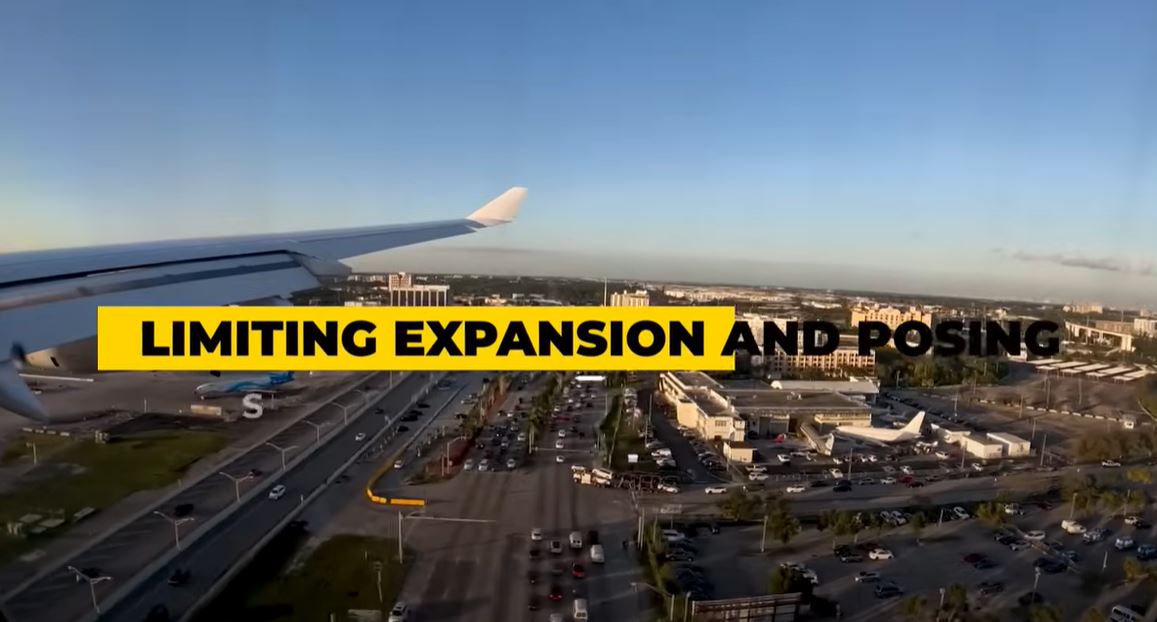
As urban areas expand, access to clean water becomes increasingly critical. The Zigga 2 Dam and Water Supply Project aims to provide an additional 135,000 cubic meters of water per day to meet the needs of over 1 million residents in Ouagadougou. With a budget of $200 million, this project is essential for ensuring public health and sanitation in a rapidly growing urban environment.
Lastly, Burkina Faso is tackling environmental challenges head-on with the Land Restoration and Resilience Project. With a budget exceeding $100 million, this initiative aims to restore over 300,000 hectares of degraded land by 2030, combating desertification while boosting food security and creating green jobs.
Burkina Faso may not always capture the world’s headlines, but under Traoré’s leadership, it is quietly emerging as a beacon of hope and resilience in West Africa. These projects are not just infrastructure developments; they represent a transformative vision for a sustainable and prosperous future. As the world watches, Burkina Faso is proving that even the most challenging circumstances can be met with innovation and determination. This is a nation on the rise, and the future looks bright.




